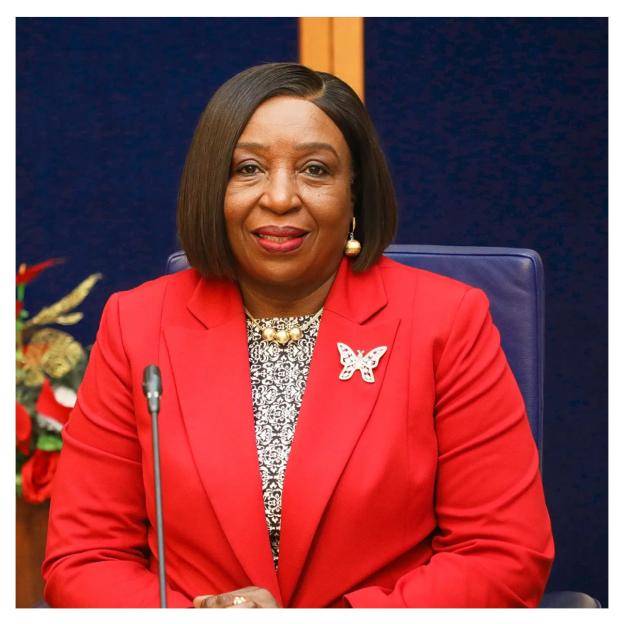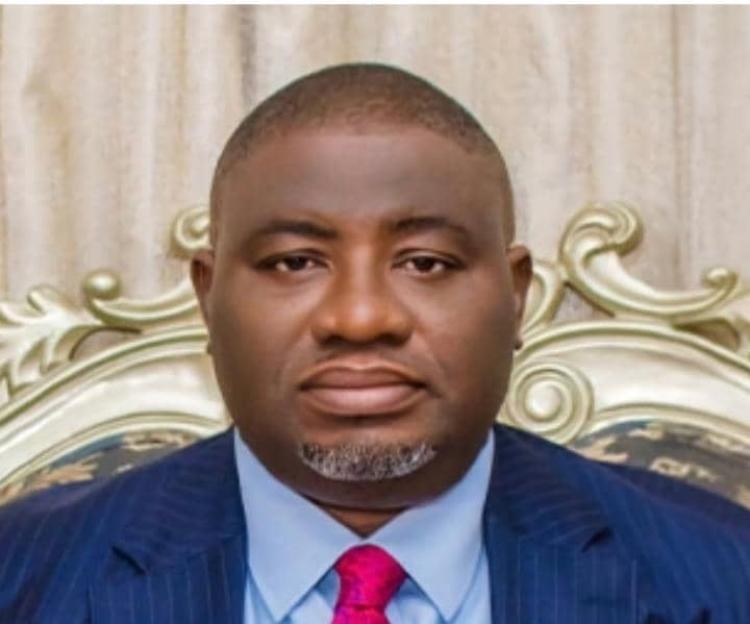Two months later, the leaders of China and Hungary met again. Hungarian Prime Minister Orban, who had just visited Ukraine and Russia, called his visit to China "Peace Mission 3.0". How do experts interpret the purpose and significance of Orban's visit?
(Deutsche Welle Chinese) "In the past few days, there have been constant rumors that Hungarian Prime Minister Orban will visit Beijing. This development is not surprising after his visits to Kiev and Moscow," Tamas Matura, assistant professor at Corvinus University of Budapest, Hungary, told Deutsche Welle. "What is surprising is the secrecy of this visit. I can only speculate that his purpose in concealing this trip is to avoid criticism from the European Union and the United States."
Germany's Die Welt revealed on Monday that before flying to China, Orban was interviewed by Axel Springer media including Die Welt in Budapest, "although the travel plan was still confidential at the time, the hints he made were very clear." In Orban's view, the current Russian-Ukrainian war is a very complicated situation with five major players: Ukraine, Russia, the United States, China, and the European Union. He told Die Welt at the time that he had visited two of the countries and there would be a follow-up.
Hungary took over the six-month rotating presidency of the European Union on July 1. In the following week, Orban visited Ukraine and Russia to carry out what he called a "peace mission" to mediate an end to the war. The European Union has criticized his sudden visit to Russia without prior consultation. In an interview with Le Monde, the Hungarian Prime Minister bluntly stated: "China has proposed a peace plan, the United States has adopted a war policy, and Europe has no strategic approach of its own and is simply copying the US position."
Orban's sudden visit to Russia without prior consultation has already drawn criticism from the European Union.Image credit: Valeriy Sharifulin/SNA/IMAGOWhat is the purpose?Orban's visit to China was unexpected but reasonable for Andreea Brinza, deputy director of the Romanian Institute for Asia-Pacific Studies (RISAP), an East European think tank. She told Deutsche Welle that Orban is likely to use this trip as part of a "peace tour" to strengthen his personal and Hungary's relationship with China. Regardless of whether peace can be achieved, this will portray China as an important peacemaker. Brinza added: "China wants the world to see it as a promoter of peace, not a supporter of Russia, so Beijing is satisfied with Orban's visit. Considering the large-scale Chinese investment in Hungary announced in the past two years, it is reasonable for Orban to visit Beijing for political purposes."
Two months ago, Chinese President Xi Jinping paid a state visit to Hungary. Chinese media were also surprised by Orban's visit to China. The Paper quoted diplomatic sources as saying that the visit was a "sudden" one. The report wrote that clues can also be seen from the news of the visit to China released by the Chinese Ministry of Foreign Affairs. The statement did not include the conventional foreign affairs statement of "at the invitation of someone", but the meeting arrangement of the Chinese state leader showed the importance of the visit.
As for whether Orban, who claims to be on a "peace mission", can achieve his goals, Hungarian China expert Matua is not optimistic: "As far as we know, the strategic goals of Ukraine, Russia and Beijing have not changed, and Mr. Orban can hardly change their intentions." Matua also observed that Orban continued to use the symbol of Hungary's presidency of the European Council during his visit to China, and both Russia and China seized this opportunity to portray his visit as if he represented the EU's position.
How did the EU respond?
In response to Orban's recent visit, a spokesman for the German Foreign Ministry said that the German government expects every EU rotating presidency - not just Hungary - to put national interests aside in this role. Therefore, "national interests should not be promoted in the name of the EU."
Robert Habeck, German Economy Minister who also visited China not long ago, said that Orban "went to China as the Prime Minister of Hungary, not as a representative of Europe." In an interview with Die Welt on Monday, he pointed out: "European politicians can and should visit China. I just went there recently. There is nothing wrong with this alone. The key is: what was discussed there? Hungary's policies often run counter to what they should be." He added: "Hungary's policies often do not represent the core ideas of the European Union, that is, liberalism at home and European confidence abroad, but seek to be too close to political leaders who I think are wrong."
In an interview with Deutsche Welle, East European China expert Brinza speculated: "Most EU leaders may be unhappy with Orban's visit to China, just like his visit to Moscow, but the visit to Beijing pales in comparison to his meeting with Putin. Almost all important EU leaders have gone to Beijing or met with Xi Jinping this year - Italian Prime Minister Meroni will also go soon - so they cannot complain about Orban's visit to Beijing." However, Brinza went on to analyze: "The reason for Orban's visit to China is to talk about the Ukrainian issue, not to strengthen bilateral relations as prime minister - combined with the background of Hungary's presidency of the EU Council and Orban's remarks in China, it may cause friction."
But in the view of Professor Mathuya of Corvinus University in Budapest, the EU has no substantive way to make Orban play by the rules, except for diplomatic rhetoric and possibly downplaying the importance of the Hungarian presidency. All in all, Mathuya went on to point out to DW that Orban has little to lose in the EU, but has a lot to gain by presenting himself as a global player both domestically and internationally, and the chaos his actions create also benefits Russia.






